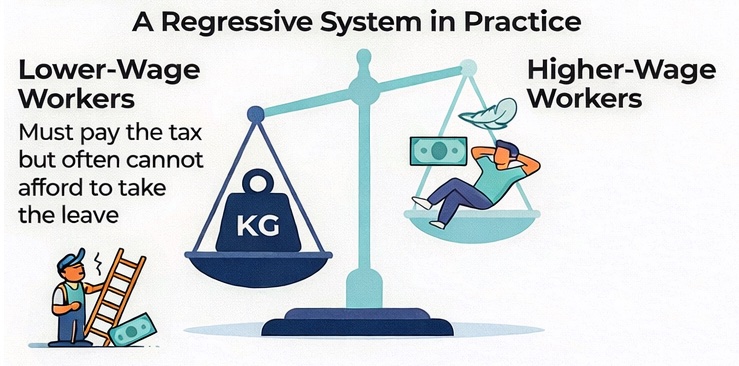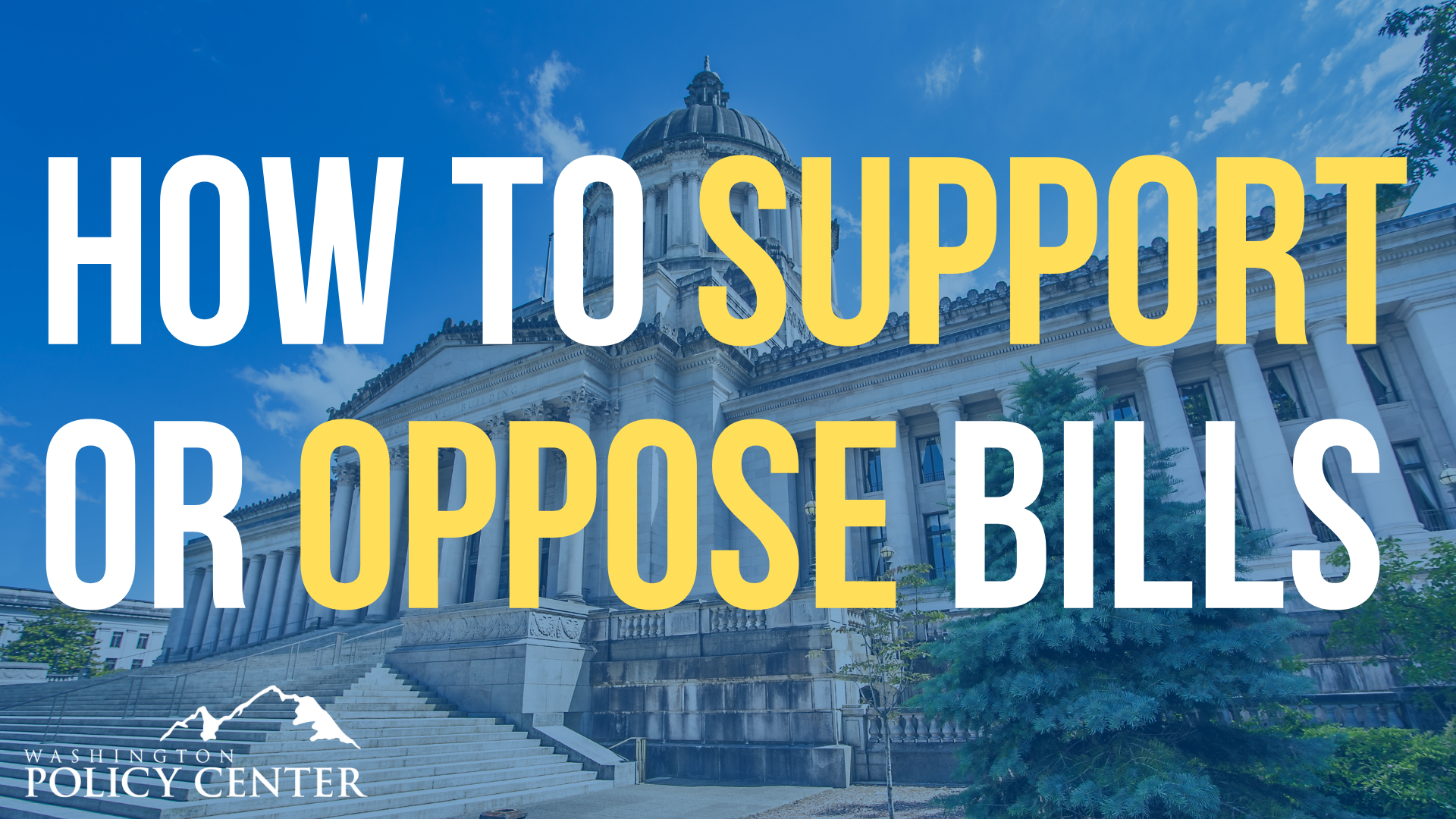Gov’t shutdowns are unacceptable. Repealing needed health reforms passed earlier this year — by Congress, no less — is also unacceptable. And that’s what this impasse is primarily about.
First, shutdowns: Even one day of a government shutdown is too many and has been since the ’70s when these irresponsible standoffs began. They’re unfair to taxpayers and federal workers.
In a shutdown, because lawmakers do not do the job they were hired to do, tens of thousands of federal employees are furloughed. Many other workers who are deemed essential – from the military and TSA to health care workers at VA hospitals – continue to work without pay until the shutdown ends. Federal workers are eventually paid, but putting them in a twist is not OK.
Some services that taxpayers pay for and expect are on hold because of shutdowns. Also not OK. The work stoppages that Congressional lawmakers bring are similar to the educator strikes those of us in Washington state know too well. Like in this shutdown, other workers are harmed and students and families don’t get services for which taxpayers pay and expect. Same same.
Proposals to prevent these embarrassing and costly shutdowns at the national level have been tried. This year’s attempt is the “Prevent Government Shutdowns Act of 2025,” embodied in S. 2721 and H.R. 5130. The legislation would ensure that the government remains open while Congress must stay in session until work is done.
Putting continuing appropriations on autopay makes sense. But will the legislation go anywhere? Probably not. I last wrote about a similar attempt to end these federal temper tantrums in 2019, and several versions of the legislation have been introduced since then.
As one of the sponsors of the act, Rep. Jodey Arrington, R-Texas, said, “In the real world, if you fail to do your job, there are consequences. Yet, when Congress fails to pass appropriations on time, the burden falls squarely on hardworking Americans ….” The Senate sponsor, Sen. James Lankford, R-Okla., who has made several attempts at ending shutdowns, said, “Shutting down the government does not fix the debt problem, it just makes it worse,” Lankford said. “The best way to finish negotiating the hard issue is to keep Congress in Washington until the budget is finished. That puts the pressure on lawmakers, not on families and important services.”
Who's to blame for this shutdown? There is plenty of blame to go around, and the public is mixed on who they say is to blame, usually lining up behind their more-favored political party. What is clear is that the main issue bringing the curtains down on services and workers is health care.
Repeal demanded would take away necessary reforms
Democrats want to repeal health policy provisions in H.R. 1, also known annoyingly or lovingly as the One Big Beautiful Bill. These policies are needed if we have any hope at cost containment in health care. Increased costs impact every health care consumer and taxpayer.
As I wrote about the health reforms the bill took on and that Democrats are rallying against in this shutdown, they require work or community engagement for able-bodied adults on Medicaid. They require more frequent eligibility determinations that could help bring an end to wasteful double payments that result when recipients have access to other insurance. They reduce Medicaid payment schemes that distort the health care market. And they end a meant-to-be temporary COVID-era policy expansion that has taxpayers subsidizing middle- and even higher-income households who buy health care on the marketplace exchanges.
These subsidies go beyond the original Obamacare subsidies, which are generous and would be retained. In addition to subsidizing more than the low-imcone, there is evidence that much of this spending is lost to fraud and does not translate into any health care received by more than one-third of enrollees.
As Johns Hopkins professor and Paragon advisor Ge Bai explains in the Wall Street Journal, the COVID-era enhancements mask the true cost of plans on the exchanges and distort insurance markets. She writes, “Letting the subsidies go away merely restores the original Obamacare premium-support structure. That preserves access to subsidies for low-income populations, who already comprise 93% of the 24 million who get health insurance through the Obamacare exchanges.”
It’s past time to try health care reforms to benefit all health care consumers and payers and the beneficiaries of taxpayer-provided health insurance.
Back to the showdown (err, I mean shutdown).
PBS News writes, “The willingness of congressional Democrats to hold out on making a deal is a notable shift in tactics from March when senators, led by Minority Leader Chuck Schumer, D-N.Y., voted to fund the government and avert a shutdown.”
Schumer’s the same lawmaker who in 2019 said of that shutdown, “We don’t govern by temper tantrum.” (Well, strikes and shutdowns show we sometimes do.) He added, “No president should pound the table and demand he gets his way or else the government shuts down, hurting millions of Americans who are treated as leverage.” He was right. And Democratic lawmakers now should not be pounding the table demanding they get their way and reversing health reforms that were decided in the summer.
Letting H.R.1 stand is being painted as principle over compromise. But I see another principle being violated: Lawmakers are hired/elected to do a job. They need to do it.






